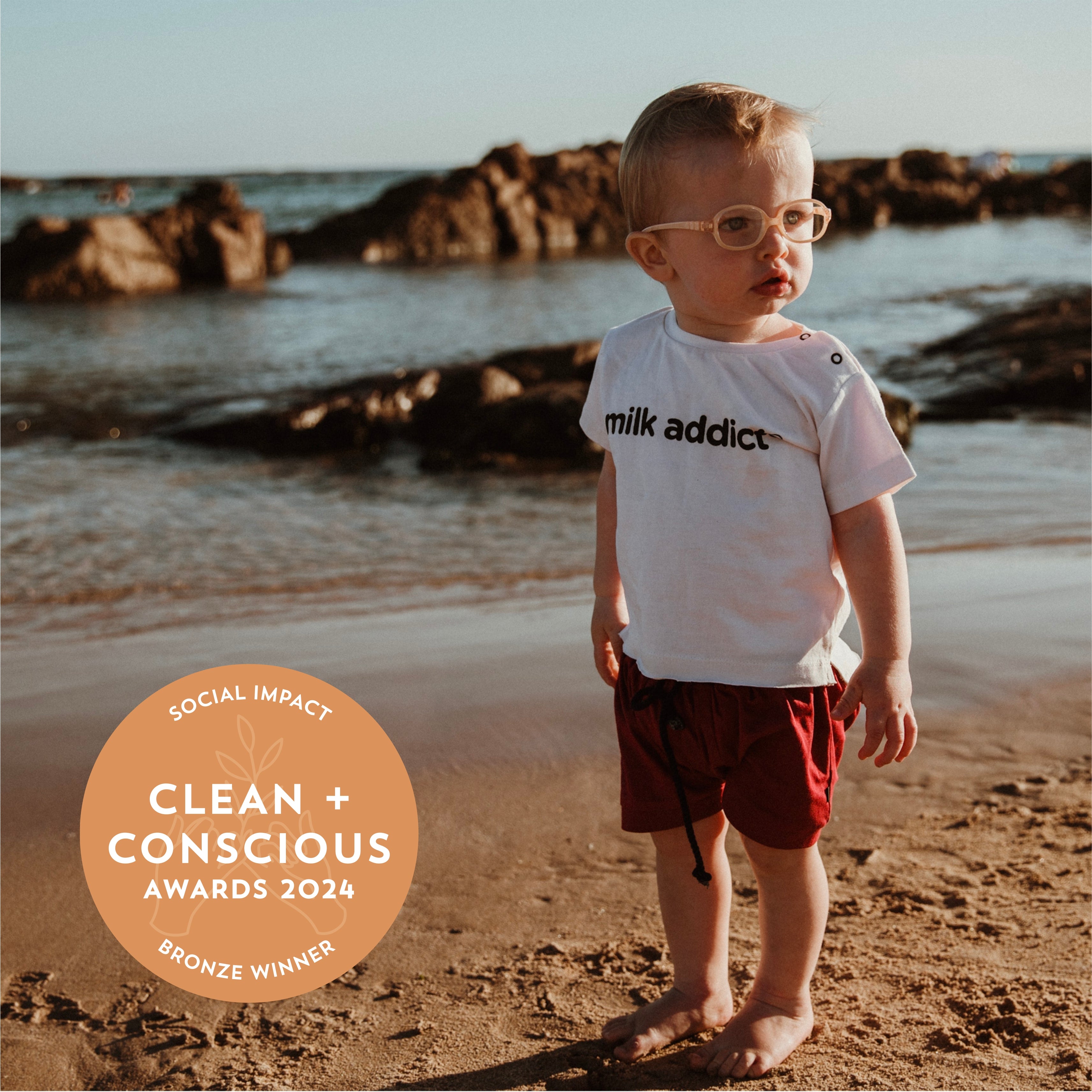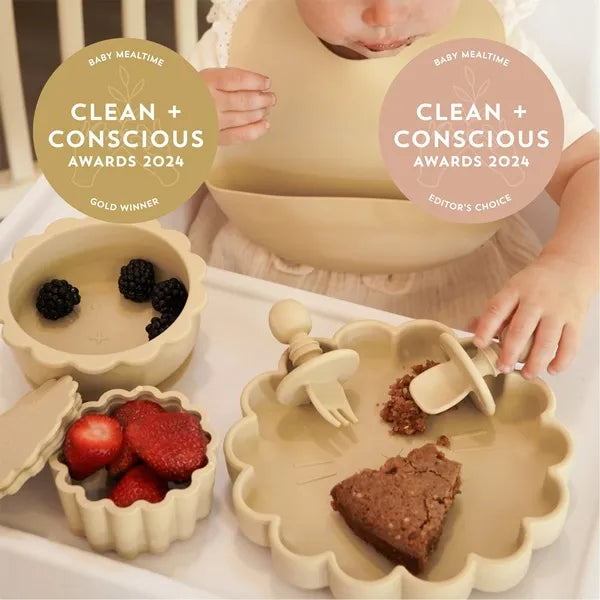1. Repair first!
How many of us fix our old stuff when they break? It used to be common practice to sew on a new button, patch up a hole in old jeans, glue down a broken corner, reattaching a chair leg, or changing out the stuffing pillows or Doonas. But it seems like we’ve forgotten how to fix things these days.
Some things are easier to fix than others, and they don’t always require a handyman. We can easily fix clothes, home goods, accessories, etc. on our own. And we can source fairly inexpensive repair shops for the things that we can't manage, which in turn is supporting local small business.
2. Reduce, re-use, recycle
You can help reduce pollution just by putting that coke can in the recycling bin. It really does make a difference. Take that reusable bag to the shops. Avoid using disposable plates, spoons, glass, cups and napkins or disposable anything if you can. They create huge amounts of waste. And buy products that are made of recycled materials. It all makes a difference.
3. Stop buying single use water bottles
It is estimated that due to the surge in usage of plastic bottles, more than half a trillion of which will be sold annually by the end of the decade.
Quite simply, this must stop. Just. Stop.
4. Reduce your carbon footprint
Think you can't make a difference? Think again, here are seven things you you do every day that will significantly reduce your carbon footprint.
- Stop Eating Meat.
- Unplug and turn off your smart phones for 5 hours a day.
- Drive Less - walk more.
- Don't Buy “Fast Fashion”
- Plant a Garden.
- Eat Local (and Organic)
- Line-Dry Your Clothes
5. Plant pollinator-friendly plants
Bees are one of our most valuable pollinators, responsible for pollinating 80 percent of the world’s plants! That means 1 out of every 4 bites of food we eat is due to the hard work of bees. Without them, our food supply would be dramatically decreased, and life as we know it, severely altered.
The solution is easy, plant plants that Bees love!
6. Think before you print
Did you know that 10% of the world's population, including Western Europe and North America, is responsible for over half of the world´s paper consumption. The Carbon footprint of producing paper is well documented, and nobody likes to see de-forestation. So save paper, and money, and think before you print.
7. Save water
Water is wasted more frequently than we can see. Turn off the tap as you are brushing your teeth. Don’t turn your shower on until you’re ready to get in and wash your hair. Limit your water usage as you wash dishes. Plant drought friendly native plants. Changing old habits will be good for both the environment and your wallet!
8. Switch to LEDs
Lights are the biggest energy consumers in households. They are responsible for more than 40 percent of the average household energy bills. Switching to energy-efficient LED lights is your best bet to help reduce your energy consumption and reduce your carbon footprint. Most States in Australia have Government led initiatives that enable you to have your bulbs switched over for free! Win, win.
9. Shop smart
The Internet has turned our existence upside down. It has revolutionised communications, to the extent that it is now our preferred medium of everyday communication. In almost everything we do, we use the Internet. It's scary really, have you all watched "The Social Dilemma"? However what it has given us is the ability like never before to chose. We can choose how we spend our money and what products we choose to use. Some amazing businesses have emerged with environmental sustainability as their main selling point. You can now by detergents that you send back the container once a month to re-fill. The right packaging can now be put into your compost, no longer clogging up our oceans. Organic, Re-cycled, Sustainability are now becoming mainstream and much, much more accessible. Do your research and choose well!
10. Plant a tree
In 2018 the United Nations report suggests an additional 1 billion hectares of forest in the world could limit global warming to 1.5 degrees Celsius by 2050. That's a lot of trees, but you could plant one or two, right? Because if we all committed to planting just one or two, imagine the difference we could make!



